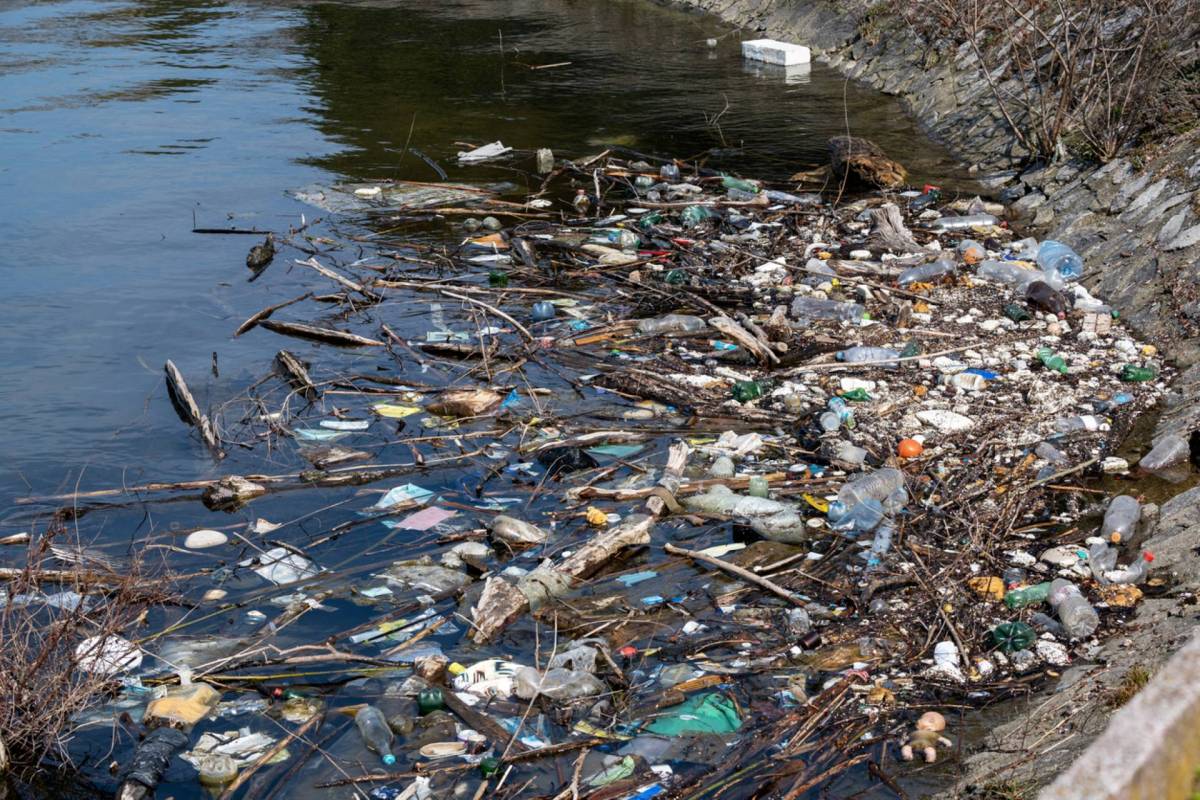Volunteers from the University of Wisconsin-Oshkosh removed thousands of pounds of debris from Lake Michigan, pulling out everything from single-use plastics to tires weighing hundreds of pounds.
What's happening?
Staff members and students from UW-Oshkosh spent four days a week last summer cleaning up areas susceptible to pollution, including Manitowoc, Kewaunee, Algoma, Green Bay, and Sturgeon Bay.
"Green Bay was probably the worst place of just total volume of plastic. There were some days where I'd be down," student Noah Ryan told the Wisconsin Public Radio. "I was just like, 'Oh my God.' It's like right in the backyard, you know?"
Some of the items pulled from the lake included single-use plastic bottles, picnic tables, ovens, and 600-pound tires, leading Ryan to believe that most of the things were deliberately dumped.
Why are the cleanup efforts important?
According to researchers from the Rochester Institute of Technology, Lake Michigan accounts for half of the 22 million total pounds of plastic waste that finds its way into the Great Lakes annually, doubling up the next closest lake. Furthermore, 80% of litter that washes up on the shores of the largest freshwater system in the world is plastic.
"We all see the pictures of plastic in the ocean, but people really didn't realize how much of this might be actually close to home," said Greg Kleinheinz, director of the Environmental Research and Innovation Center at UW-Oshkosh.
The debris has affected 107 million people and the 3,500 species in the region. Microplastics have been found in the drinking water, sediment, and wildlife, potentially endangering everyone and everything that relies on the Great Lakes.
What's being done about the pollution?
The university utilized innovative technology to expedite the cleaning process, like a Seabin, which skims trash from the water, or a BeBot, which collects litter in the sand.
It also allocated funding from the Environmental Protection Agency to purchase a PixieDrone, allowing students to pick up floating trash in the lake with a remote control.
However, Kleinheinz believed raising awareness about the volume of plastic pollution was just as important as waste removal.
"I think if you live on a Caribbean island, and you see your beach covered in plastic bottles, you realize this is an issue," he said. "In Wisconsin, I don't think we see that."
Meanwhile, Ryan wanted measures for plastic waste to be more proactive than reactive.
"There just needs to be more space and more resources — as in money spent — on conversations and ideas such as that versus 'How do we clean all this up?'" he said. "The question should be, 'Why is there so much here? How do we prevent it from even getting here?'"
Join our free newsletter for cool news and cool tips that make it easy to help yourself while helping the planet.









